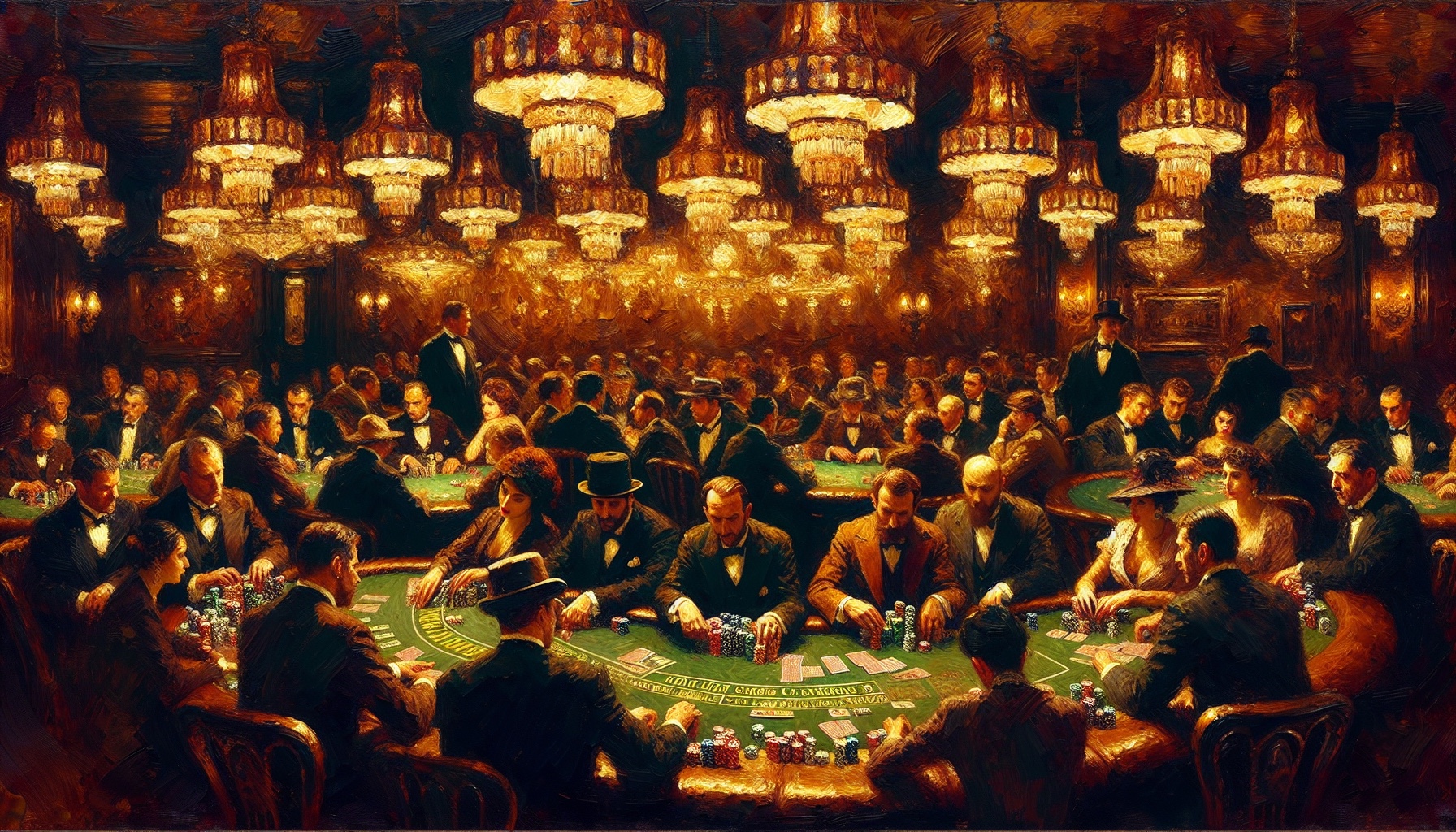
What Does Punt Mean in Poker?
In poker, a “punt” refers to a reckless, emotionally driven decision to bet or shove a large amount of chips—often with a weak hand and little strategic merit. It typically leads to a significant loss and is viewed as a major error in judgement. Punting is often the result of tilt, frustration, or desperation rather than calculated aggression.
When You Might Hear or Use the Term Punt
The term “punt” is commonly used when players discuss major blunders, especially in high-pressure spots. You might hear it in post-session reviews, poker streams, or coaching sessions:
- “I totally punted that hand on the river.”
- “That shove was a punt—he had no fold equity.”
- “She was tilted after the bad beat and punted the next hand.”
In-Game Examples
Example 1: You’re in a tournament with a healthy stack. You hold 7♣4♠ on a board of A♠K♦8♥2♣ and decide to shove all-in, hoping to bluff your opponent off top pair—only to get snapped off and crippled. That’s a punt.
Example 2: After losing a big pot, you immediately 3-bet shove the next hand with 9♠5♠ from early position, hoping to win it back. That’s a classic tilt punt.
Punt vs Bluff
| Action | Intent | Execution | Typical Outcome |
|---|---|---|---|
| Bluff | Strategic deception | Well-timed and opponent-aware | May force a fold or win the pot |
| Punt | Emotional or careless | Poorly planned, often misread | Usually results in a big loss |
Why Do Players Punt?
- Tilt: Emotional frustration clouds judgement.
- Desperation: Low on chips or chasing losses.
- Impatience: Feeling bored or eager to double up.
- Overconfidence: Believing you can outplay opponents with any hand.
Strategy & Tips
- Best Practice: Stay disciplined and emotionally aware during sessions. Make strategic decisions, not impulsive ones.
- Common Mistake: Letting one bad beat or slow session affect your overall decision-making.
- Pro Tip: If you feel tilted or mentally fatigued, step away from the table. A short break can save your bankroll.
How to Recover From a Punt
- Take a mental reset – go for a walk, breathe, or log off for the day.
- Don’t try to “win it back” immediately – this often leads to further punts.
- Review the hand later with a clear head. Learn from it, then move on.
Live vs Online Punting
- Live Games: Punts may result from misreading physical tells or succumbing to pressure in the moment.
- Online Games: Punts often stem from misjudging virtual game flow, multi-tabling fatigue, or emotionally reacting to a downswing.
Alternative Names
“Spew” is often used interchangeably with punt. Both imply uncontrolled, ill-advised betting, usually driven by emotion or ego.
Glossary of Terms
- Tilt: A state of emotional frustration that leads to poor decisions.
- Bluff: A bet or raise made with a weak hand to force opponents to fold stronger hands.
- Fold Equity: The likelihood your opponent will fold to your bet.
- Equity: Your statistical chance of winning the hand based on remaining cards.
FAQs
Q: How can I avoid punting in a game?
A: Focus on emotional regulation. Play within your bankroll, take breaks, and avoid gambling for revenge after a bad beat.
Q: Is punting ever intentional?
A: Rarely. Most punts are unintentional and come from poor emotional control. Some players jokingly refer to certain “YOLO” plays as punts—but the negative outcome is usually the same.